Market Trends
Key Emerging Trends in the Organic cheese Market
The market trends of the organic cheese industry reflect a growing consumer preference for healthier and sustainably-produced food options. In recent years, there has been a notable surge in demand for organic products, and the organic cheese market is no exception. Consumers are increasingly seeking food items that are free from synthetic pesticides, hormones, and antibiotics, and organic cheese aligns with these preferences. Such a change in consumer behavioris being brought about by the consumers becoming more aware of the negative consequences to health and the environment when the modern conventional farming practices are employed.
With the growing trend of health-conscious consumption of organic food, the industry takes into account this change of dynamics. The inherent advantages of organic cheese, which are additive-free and environmentally friendly produced, have already attracted snack manufacturers to utilize it as a targeted ingredient. The demand on this cheese is expected to stimulate the substantial increase of natural cheese utilization in snacks confectionery. From salty savory to rich indulgent treats, the dielectric versatility of organic cheese as a premium and health-focused ingredient is driving production of snacks in the right direction, providing consumers with a choice between tasty and amiable. This move not only mirrors the changing tastes of consumers, but brings to the fore the realize the significance of health, sustainability and innovative cuisines in the synergy of organic cheese and snack manufacturing industry.
The explosion of plant-based diets has also got something to do with the rise of organic cheese market. Meanwhile the common leader is organic dairy-derived cheese, healthier plant-based alternatives are increasingly in demand. Producers are looking to develop the organic cheese replacements utilizing non-dairy ingredients such as nuts, soy, and coconut to add vegan and lactose-intolerant consumers. This movement is enhancing the market reach and attracting a large markets.
Another notable change is the growing availability of cheese of organic type in standard franchise shops. Previously often carried by specialty health food stores, it is now found on the grocery shelves of the large chain stores. This conversion shows a growing consumer trend and a movement in mainstream acceptance of organic products which are making organic cheese options more accessible and affordable to a wider audience.
Sustainability attracts the attention of consumers and accordingly a sharp increase in the green packaging initiatives is witnessed in the organic cheese market. Brands are embarking on recyclable materials and minimizing the backup of single-use plastics as a response to augmented environmental awareness. This eco-conscious strategy is articulated to fit the tastes as well as sense of duty of the environment-friendly consumers while it also helps to position organic cheesemakers as responsible stewards of the planet.
The worldwide extension of organic cheese market is driven by rising popularity of organic products with nontraditional markets being taken into account. Developing economies are witnessing an uptick in demand for organic cheese as consumers become more health-conscious and adopt Western dietary preferences. This global expansion is presenting opportunities for organic cheese producers to diversify their product offerings and cater to diverse tastes and preferences.


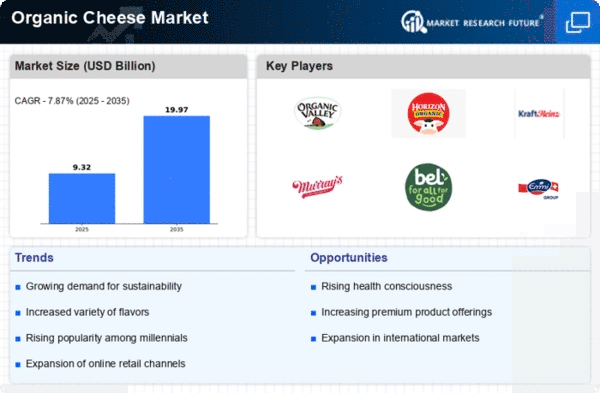
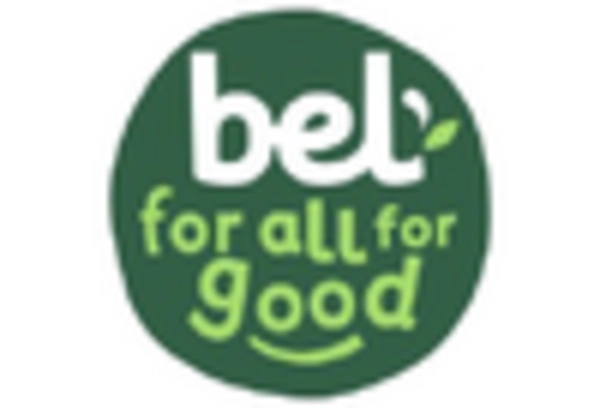
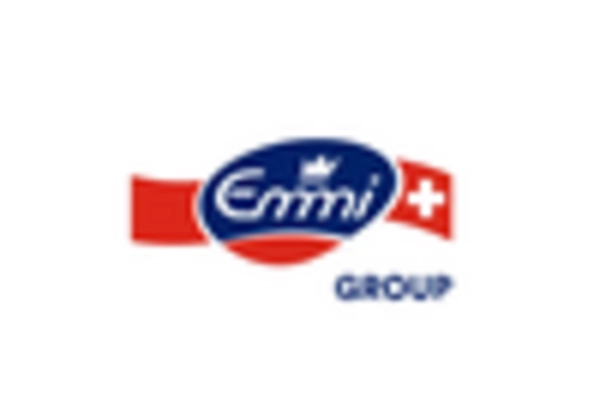
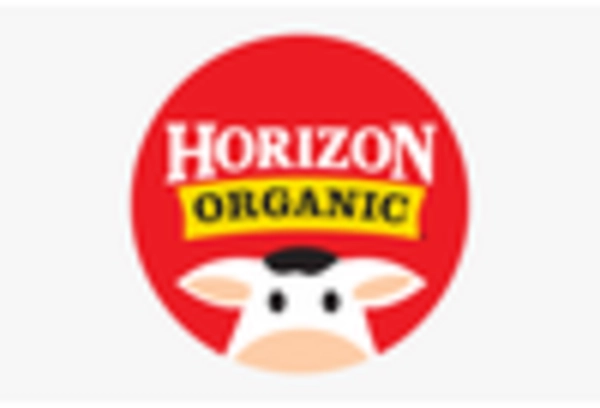

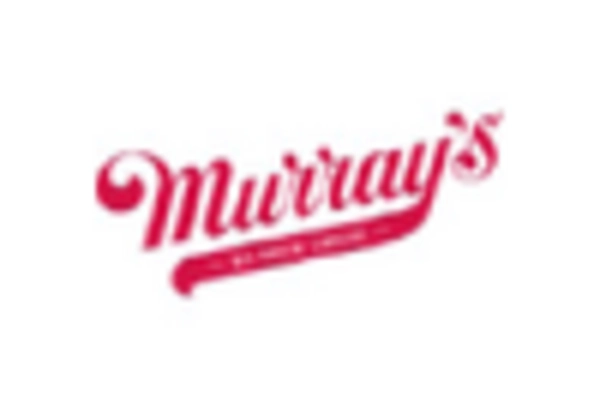
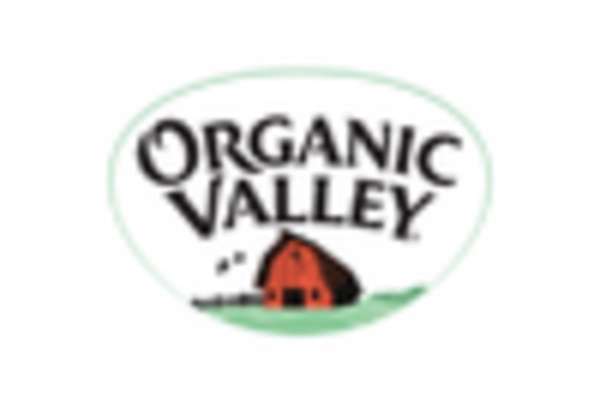









Leave a Comment